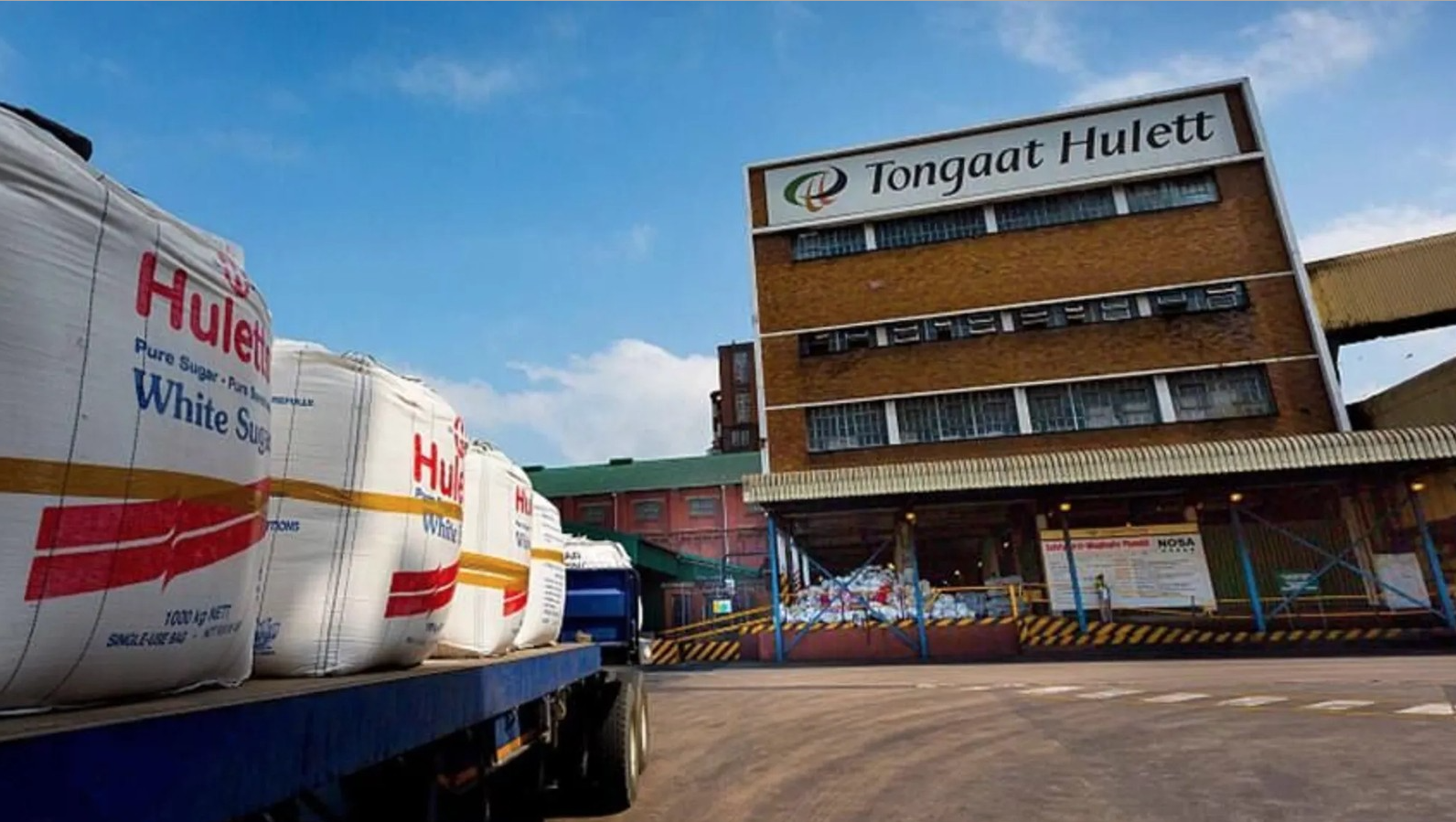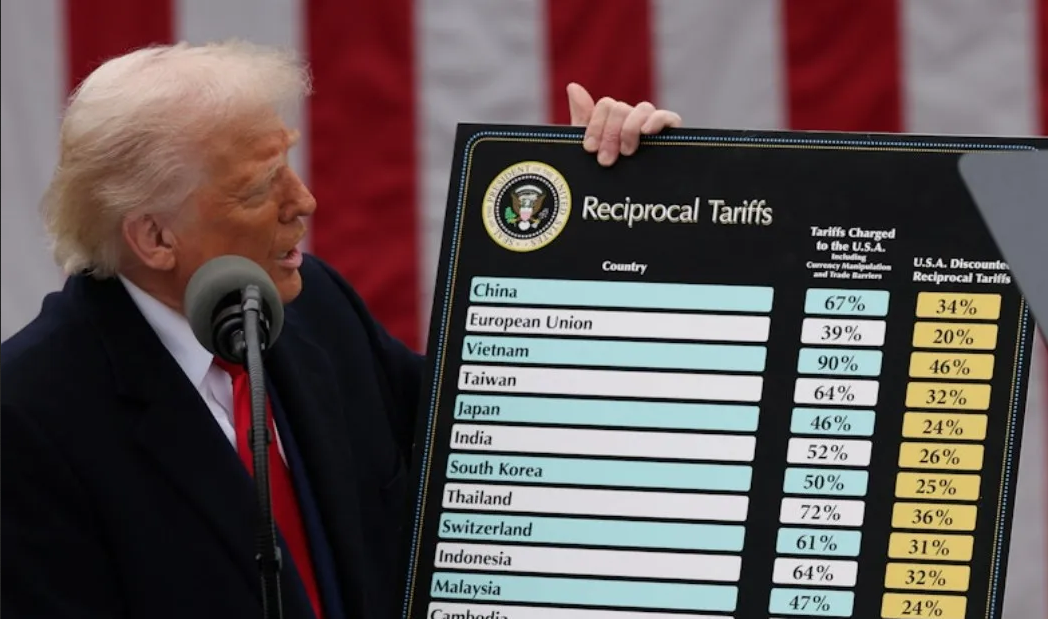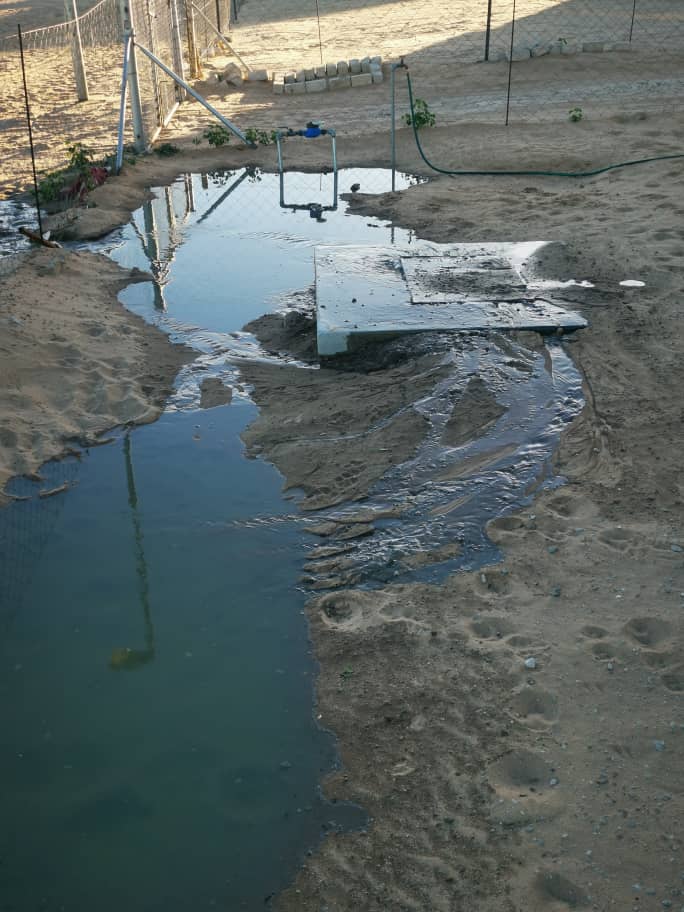The potential failure of Tongaat Hulett Limited’s business rescue process threatens to unleash a cascade of economic and social consequences that could derail South Africa’s sugar industry, trigger an influx of sugar imports, and result in the devastating loss of an estimated 700 000 jobs. This dire situation highlights the critical importance of Tongaat Hulett to the sugar industry and the broader South African economy.
Notably, the sugar industry is responsible for half of all income generated by field crop farming in KZN and Mpumalanga, producing over R20 billion in annual revenue. It acts as a significant employment driver in rural regions and supports approximately one million people through its various farming and milling activities.
Tongaat Hulett currently represents around 25% of this industry. It sources as much as 43% of its cane from over 15 000 small-scale growers, many of whom are from previously disadvantaged backgrounds and rely on the company for market access, farming guidance, and economic upliftment. As such, Tongaat Hulett’s success is inextricably connected to the welfare of communities linked to the sugar industry.
The dire consequences of liquidation or unbundling
The liquidation or unbundling of Tongaat Hulett would devastate these small-scale farmers, destabilise rural economies, and exacerbate unemployment in areas where job opportunities are already scarce. It would further threaten the broader goals of the Agricultural and Agro-Processing Master Plan (AAMP) and the Sugar Value Chain Master Plan 2030.
These plans envision a thriving, inclusive agricultural sector, promoting socio-economic development, social inclusion, and sustainable growth. Tongaat Hulett’s integrated empowerment model has been a roadmap for this vision, providing support to small-scale farmers and fostering inclusive growth.
Additionally, if Tongaat Hulett were to liquidate, domestic sugar supply would likely fall short. Bridging the gap would then necessitate costly imports, resulting in estimated annual losses of around R6 billion to R7 billion. This would place added strain on the local industry, while damaging the local economy, and increasing South Africa’s trade deficit.
Industry stakeholders have already raised strong concerns about its unbundling or liquidation, warning that the company’s failure could plunge thousands of growers and workers into destitution and raise the risk of unrest in KZN’s rural cane-growing communities.
The threat of Vision and the business rescue practitioners’ plans
Considering the stakes, the Vision group and business rescue practitioners (BRPs) must both face hard questions surrounding the Vision group’s failure to produce the funds needed to complete its business plan. This business plan also carries serious flaws and caveats, as it proposes unbundling Tongaat Hulett and selling off strategic assets, which risks dismantling the very infrastructure that could ensure its ongoing relevance and growth.
Alarmingly, the Vision group has now asked Tongaat Hulett shareholders to vote in favour of a debt-to-equity swop that would almost eradicate all shareholder returns. In a circular distributed to shareholders earlier this month, Vision and the BRPs issued a stark ultimatum: if the proposed resolution is not passed, the BRPs claim that they will simply sell Tongaat Hulett’s assets to Vision without shareholder approval.
This drastic measure threatens to dismantle a company that has been a cornerstone of KZN’s economy for nearly 132 years, while leaving shareholders with a nil return.
However, this ultimatum is empty posturing and false intimidation. If shareholders vote against the debt-to-equity conversion, the BRPs would not be able to lawfully sell Tongaat Hullett’s assets without a new business rescue plan being adopted. The sale of assets also legally requires shareholder approval.
Saving Tongaat Hulett
BRPs have received a competing bid which not only represents a major improvement on Vision’s proposal, with significant advantages for creditors and shareholders, but could also prevent any risk of bankruptcy and liquidation, or loss of vital assets. This alternative plan would preserve Tongaat Hulett’s operations, safeguard jobs, and support the thousands of small-scale farmers who depend on the company.
By contrast, the liquidation or asset sale of Tongaat Hulett would be catastrophic for KZN, South Africa, and Southern Africa. It would destabilise the sugar industry, devastate rural economies, and negate years of progress towards an inclusive and sustainable agricultural sector. The future of South Africa’s sugar industry, the livelihoods of thousands of sugar cane growers, and the stability of KZN’s economy hang in the balance.
The choice facing Tongaat Hulett’s shareholders is not just a simple business decision. It also concerns our communities, our economy, and our collective well-being as a society and nation. We cannot afford to allow Tongaat Hulett’s future to be stolen. It is time for all stakeholders to rally behind saving the company. – IOL
Stay informed with The Namibian – your source for credible journalism. Get in-depth reporting and opinions for
only N$85 a month. Invest in journalism, invest in democracy –
Subscribe Now!










